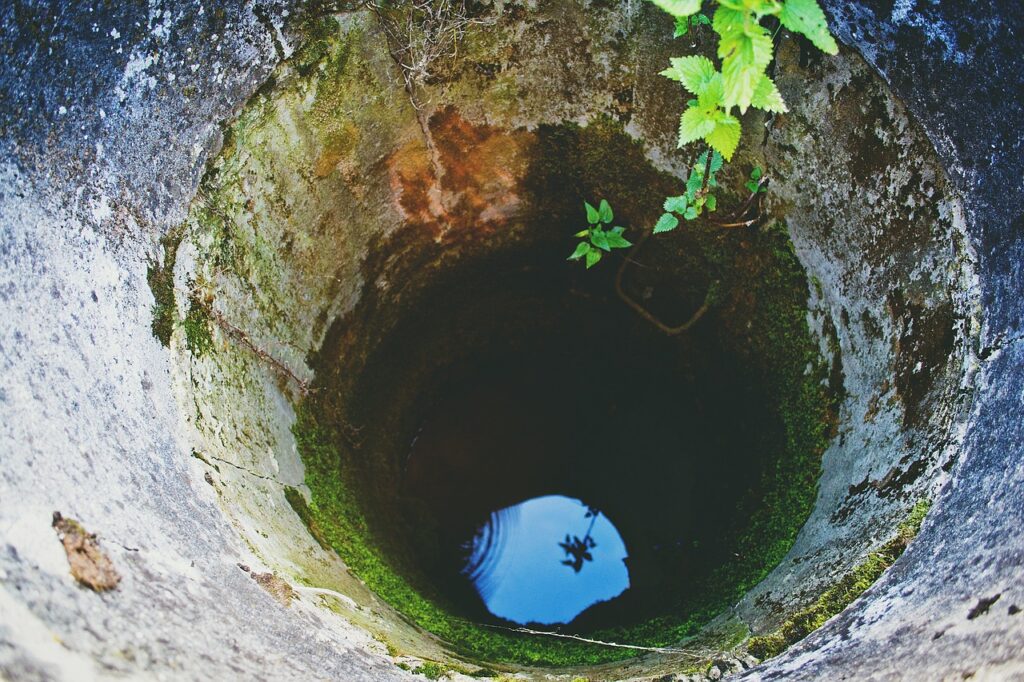Water is essential for life, and the type of water we consume can have a significant impact on our health. Two popular options for drinking water are distilled water and well water. Both have their own set of benefits and drawbacks, and the debate over which is better for our health continues to rage on. In this article, we will explore the advantages and disadvantages of both types of water, as well as the potential health implications of consuming each. By examining the evidence, we hope to provide readers with the information they need to make an informed choice about the type of water they consume.
The Benefits and Drawbacks of Distilled Water
Distilled water is water that has been purified through a process of distillation, which involves boiling the water and then condensing the steam back into liquid form. One of the main benefits of distilled water is that it is free from contaminants such as bacteria, viruses, and heavy metals. This makes it a safe and pure option for drinking water. However, some argue that the distillation process also removes beneficial minerals from the water, such as calcium and magnesium, which are important for overall health. Additionally, some people find that distilled water has a flat taste, which can make it less appealing to drink.
On the other hand, well water is drawn from underground aquifers and is often considered to be a more natural and unprocessed option for drinking water. One of the main benefits of well water is that it often contains beneficial minerals such as calcium and magnesium, which are important for bone health and overall well-being. However, well water can also contain contaminants such as bacteria, viruses, and heavy metals, depending on the quality of the well and the surrounding environment. Additionally, well water may have a distinct taste or odor due to the presence of natural minerals or organic matter.
The Benefits and Drawbacks of Well Water
Well water is drawn from underground aquifers and is often considered to be a more natural and unprocessed option for drinking water. One of the main benefits of well water is that it often contains beneficial minerals such as calcium and magnesium, which are important for bone health and overall well-being. However, well water can also contain contaminants such as bacteria, viruses, and heavy metals, depending on the quality of the well and the surrounding environment. Additionally, well water may have a distinct taste or odor due to the presence of natural minerals or organic matter.
On the other hand, distilled water is water that has been purified through a process of distillation, which involves boiling the water and then condensing the steam back into liquid form. One of the main benefits of distilled water is that it is free from contaminants such as bacteria, viruses, and heavy metals. This makes it a safe and pure option for drinking water. However, some argue that the distillation process also removes beneficial minerals from the water, such as calcium and magnesium, which are important for overall health. Additionally, some people find that distilled water has a flat taste, which can make it less appealing to drink.
Health Implications of Drinking Distilled Water
The health implications of drinking distilled water are a topic of debate among experts. Some argue that because distilled water is free from contaminants, it is a safe and healthy option for drinking water. However, others believe that the lack of minerals in distilled water could have negative effects on health. For example, some studies have suggested that drinking demineralized water may lead to mineral deficiencies in the body, which could potentially impact bone health and overall well-being. Additionally, some experts have raised concerns about the potential for distilled water to leach minerals from the body, although more research is needed to fully understand this potential risk.
Health Implications of Drinking Well Water
The health implications of drinking well water also depend on a variety of factors, including the quality of the well and the surrounding environment. Well water that is contaminated with bacteria, viruses, or heavy metals can pose serious health risks to those who consume it. For example, drinking contaminated well water can lead to gastrointestinal illness, reproductive problems, and even neurological disorders in severe cases. On the other hand, well water that is free from contaminants can provide beneficial minerals such as calcium and magnesium, which are important for bone health and overall well-being.
Which Water is Best for Your Health?
When it comes to choosing between distilled water and well water for your health, there is no one-size-fits-all answer. Both types of water have their own set of benefits and drawbacks, and the best choice for you will depend on your individual circumstances and preferences. If you are concerned about potential contaminants in your drinking water, distilled water may be a safe option for you. On the other hand, if you are looking for a more natural source of beneficial minerals, well water may be a better choice. Ultimately, it is important to consider the quality of your drinking water and take steps to ensure that it is safe and healthy for consumption.
Making an Informed Choice
In conclusion, the debate over whether distilled water or well water is best for our health continues to rage on. Both types of water have their own set of benefits and drawbacks, and the best choice for you will depend on your individual circumstances and preferences. It is important to consider the quality of your drinking water and take steps to ensure that it is safe and healthy for consumption. Whether you choose distilled water or well water, staying informed about the potential health implications of each type of water will help you make the best choice for your overall well-being.



